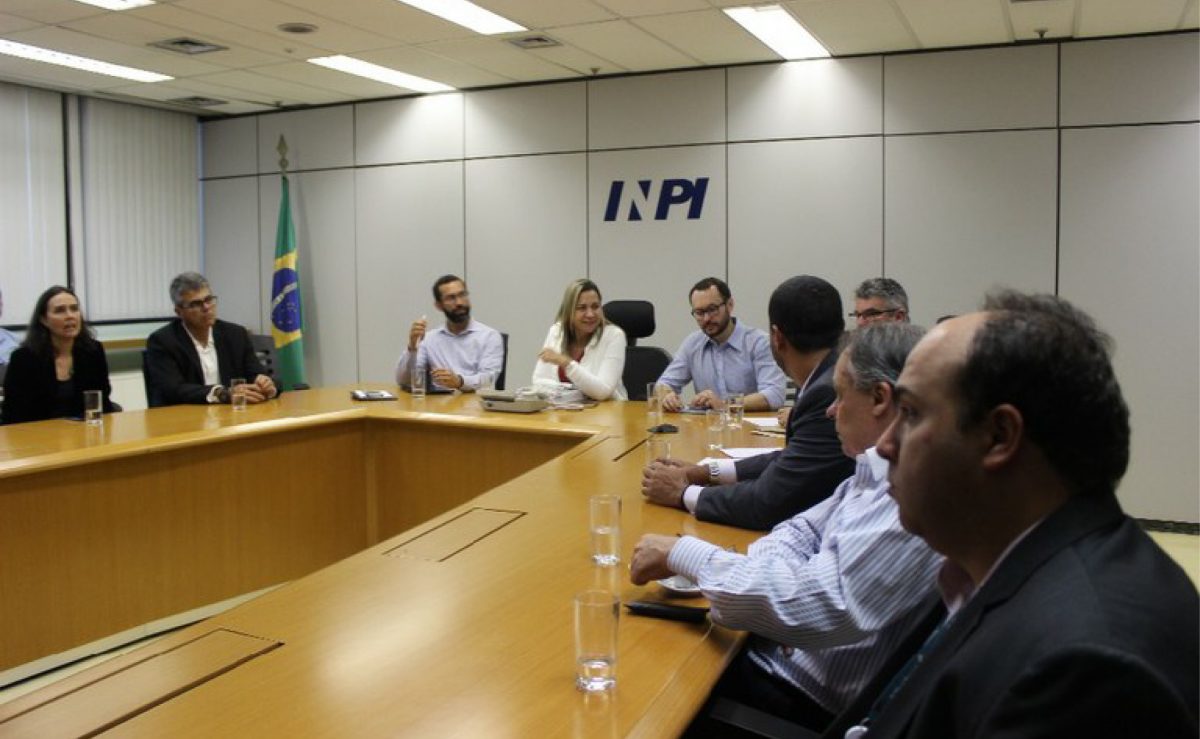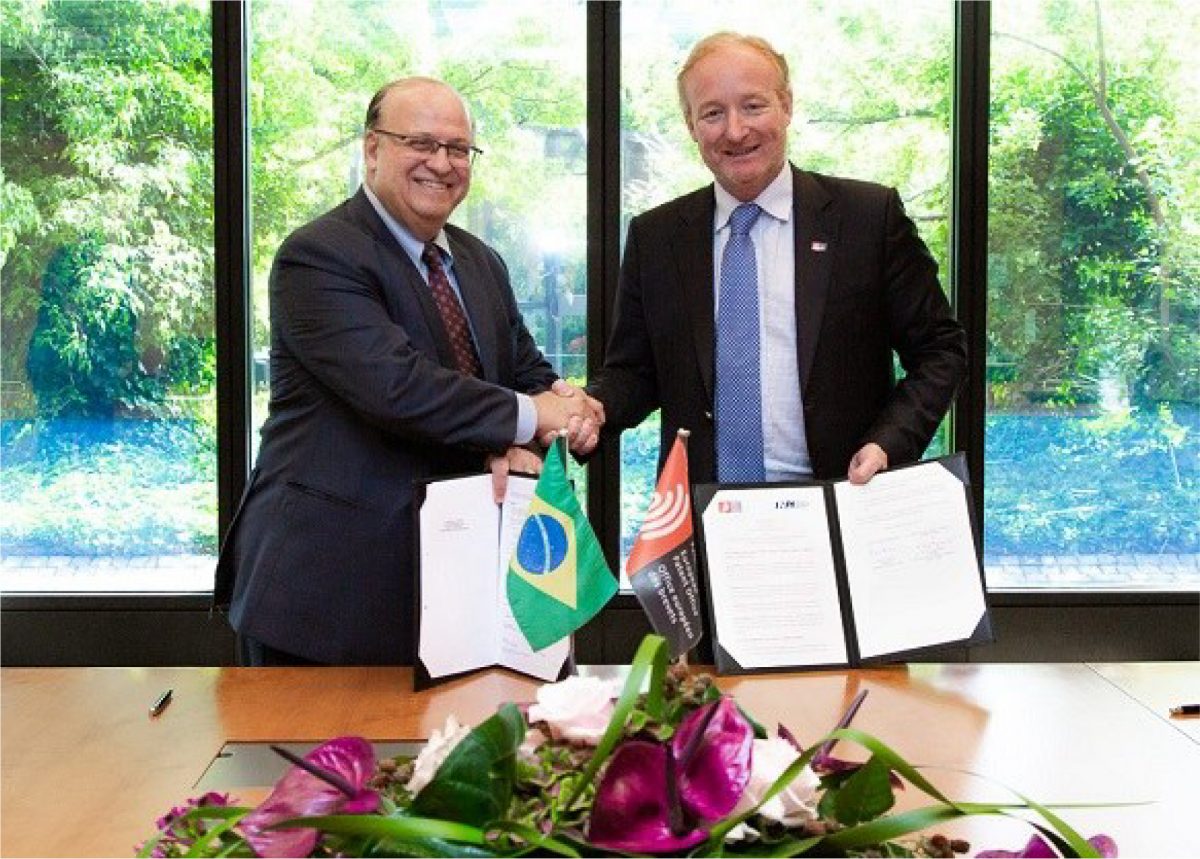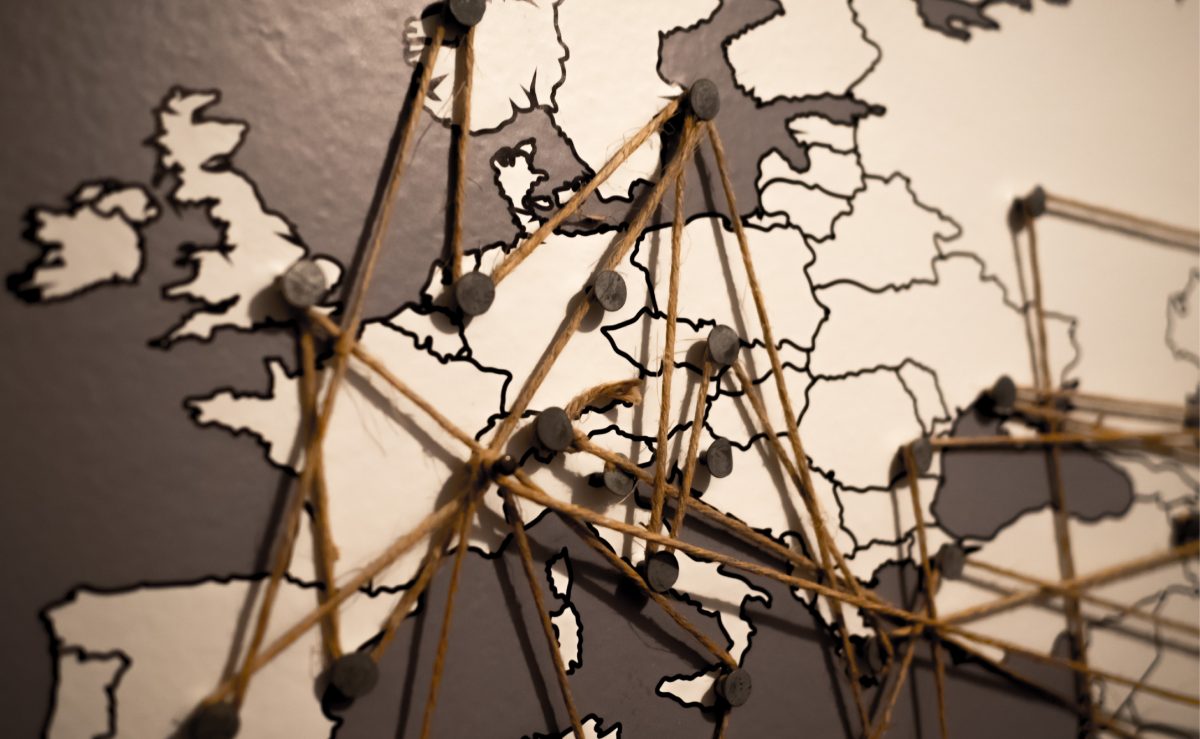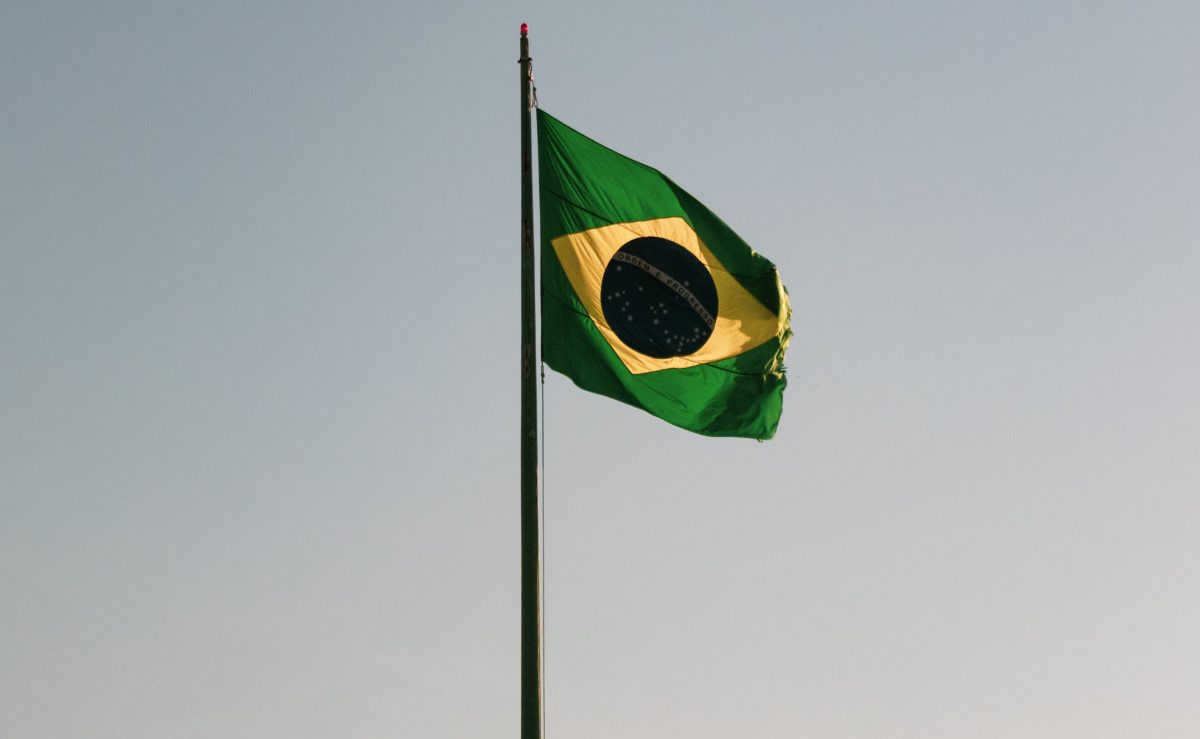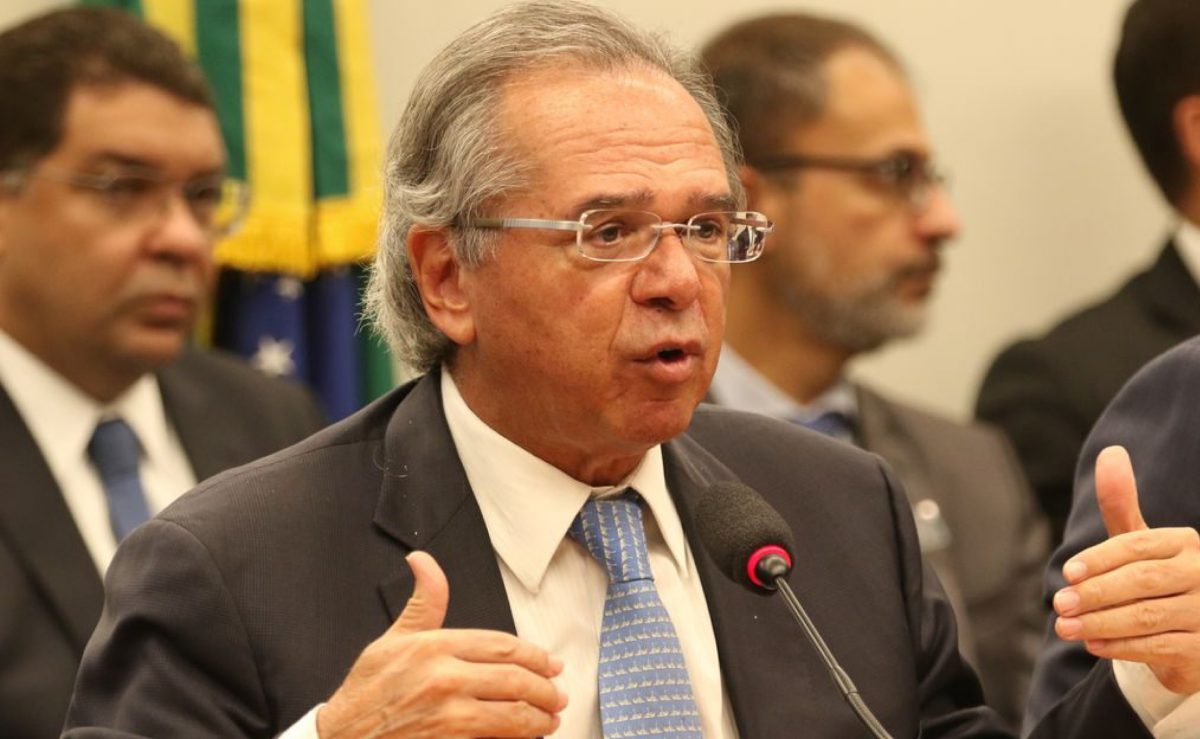Much has been said about the free market agreement between Southern Common Market and the European Union and what are the impacts on the Brazilian economy. According to the National Confederation of Industry (CNI), the deal could add nearly $ 10 billion in exports from Brazil to the EU. Negotiated for over 20 years, it represents the largest trade pact ever signed by both parties, with the creation of a market of 780 million consumers.
Brazil exported more than US $ 42 billion to the EU in 2018, approximately 18% of the total exported by the country. This means that reducing tax rates and legislation, the deal offers even greater business opportunities for domestic companies. However, the pact also underscores the need for change in the policies of national companies.
According to Rodrigo Zambon, the subregional director of TMF Group in Brazil, the deal will take some time to go into effect, giving companies the time to make adjustments. “The deal still needs to go through 28 countries, so the time to prepare your business without getting hurt is now,” he added. Check out the 5 main characteristics that must be adopted by Brazilian companies so that they can actively participate in the agreement.
FOODS
All imported food must comply with EU standards – the rules apply to all products sold in the EU, whether domestically produced or imported, so Brazilian companies need to ensure that they comply with all rules. For example: ensuring appropriate and transparent information about source, content, and labeling.
INSPECTION
Commitments on labor inspection, health, and safety at work – Companies wishing to make trade agreements in EU countries must ensure that fundamental labor rights, as defined by the International Labor Organization (ILO), are fulfilled and respected.
ENVIRONMENT
Trade agreements should not come at the expense of the environment – under the agreement, companies must promote sustainable development and agree not to lower environmental standards to promote trade and attract investment. The agreement also incorporates the so-called “precautionary principle”. If there is any suspicion of deforestation or the use of pesticides not allowed in the EU, the economic bloc can veto the importation of the Brazilian product, even when the scientific analysis is not conclusive.
PATENTS
Strong intellectual property rights provisions – Brazil has committed to updating its intellectual property law based on international standards of legislation. Examples of this strategy are the copyright section and the trademark section, which companies will have to abide by.
STANDARDIZATION
Transparency and the use of international standards – Different technical regulations and rules/standards for products from other markets can be a major obstacle for exporters because they impose extra costs for adaptation. The agreement promotes transparency and the use of international standards to facilitate market access while protecting the levels of protection that each party considers appropriate.
For Zambon, beginning to understand and implement action plans will create a competitive advantage when the deal goes into effect. “Companies that start updating their policies will now have more time to adapt and probably less costs to implement than those leaving at the last minute,” he said.
News from: Diário da Amazônia



